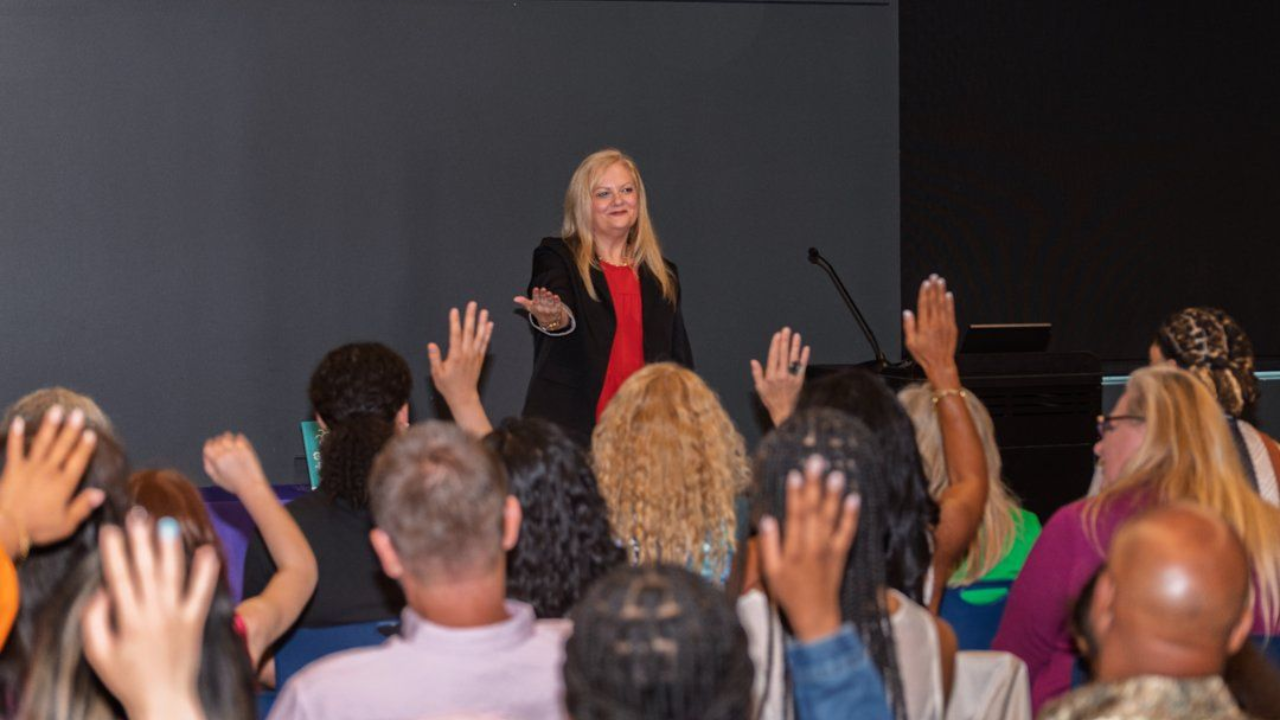You’re Not Broken—You’re Brilliantly Wired for Survival
Oct 09, 2025When we talk about trauma, we often focus on the pain, the flashbacks, the anxiety. But what if we reframed it? What if we saw our trauma responses not as dysfunctions—but as brilliant survival strategies?
The 4 Fs: Your Brain’s Emergency Toolkit
Trauma activates what psychologists call the 4 Fs:
-
Fight: You get angry, defensive, ready to confront.
-
Flight: You run, avoid, escape.
-
Freeze: You shut down, go numb, dissociate.
-
Fawn: You appease, people-please, try to keep the peace.
These aren’t choices—they’re instincts. When your brain perceives danger, the amygdala (your internal alarm system) hijacks your nervous system and decides which F will keep you safest. It’s not about logic—it’s about survival.
And here’s the thing: these responses are genius. They kept you alive. They helped you navigate impossible situations. Healing isn’t about getting rid of them—it’s about understanding them, honoring them, and learning when they’re no longer needed.
PTSD vs. Complex PTSD: The Layers of Trauma
Most people have heard of PTSD—Post-Traumatic Stress Disorder. It’s often linked to a single traumatic event like an accident or assault. But Complex PTSD (C-PTSD) is different. It stems from chronic, repeated trauma, often in childhood or relationships where escape wasn’t possible.
| Feature | PTSD | Complex PTSD (C-PTSD) |
|---|---|---|
| Cause | One-time trauma | Ongoing trauma (e.g., abuse, neglect) |
| Symptoms | Flashbacks, nightmares, hypervigilance | Same as PTSD plus shame, emotional dysregulation, relationship struggles |
| Recognition | DSM-5 | ICD-11 (not yet in DSM-5) |
C-PTSD adds layers: chronic shame, identity confusion, difficulty trusting others. It’s not just about what happened—it’s about how it shaped your sense of self.
The Brain on Trauma
Trauma rewires your brain.
-
The amygdala becomes hypervigilant, scanning for danger 24/7.
-
The hippocampus struggles to process memories, leading to flashbacks or time distortion.
-
The prefrontal cortex, which helps with logic and regulation, goes offline during stress.
This is why trauma responses feel so automatic. Your brain isn’t broken—it’s doing its job too well. Healing means retraining your nervous system to recognize safety again.
Collective Trauma: What the World Is Feeling
We’re living in a time of constant breaking news, global unrest, and emotional saturation. From climate disasters to political division, war, injustice, and economic instability—our nervous systems are under siege.
Psychologists call this headline stress disorder or media saturation overload. Repeated exposure to traumatic news images can lead to emotional numbness, desensitization, and compassion fatigue. We scroll past suffering, not because we don’t care—but because our brains are overwhelmed.
And maybe that’s why we’re so quick to fight each other. Maybe we’re not just angry—we’re traumatized. Maybe the polarization, the outrage, the shutdowns and avoidance aren’t just social issues—they’re collective trauma responses.
The 4 Fs aren’t just personal anymore. They’re playing out between us, in our communities, our politics, our media. And it’s time we named that.
Reclaiming My Fight Response
In the midst of all this noise, I started noticing something in myself.
Even after years of healing—therapy, journaling, somatic work—I still struggled with conflict. Not the kind on the news, but the kind in everyday life. I’d freeze. I’d fawn. I’d lose my voice. My fight response was underdeveloped, and I didn’t know how to stand my ground without shutting down.
That’s when martial arts entered my life—not as a fix, but as a finishing layer to all the inner work I’d already done.
On the mat, I learned to stay present in intensity. To breathe through adrenaline. To trust my instincts. It wasn’t about aggression—it was about embodiment. About learning that I could be in conflict and still feel safe. That I could protect myself without abandoning myself.
Martial arts didn’t start my healing—it refined it. It helped me integrate everything I’d learned and finally feel like I could hold my own—physically, emotionally, spiritually.
Now, when conflict arises, I don’t collapse. I don’t disappear. I stay. I breathe. I choose.
You’re Not Broken—You’re Brilliant
If you’ve ever felt ashamed of your trauma responses, I want you to know: they were your body’s way of loving you. You survived. And now, you get to heal—not by erasing those responses, but by reclaiming your relationship with them.
Healing isn’t linear. It’s layered, messy, and beautiful. It’s not about becoming someone new—it’s about coming home to yourself.
And maybe, just maybe, if we all understood this—if we saw each other through the lens of compassion instead of conflict—we could begin to heal collectively, too.
STRONG HEART Warrior Project
-
Betrayal happened. You’re still here.
-
Gentle power isn’t weakness—it’s your weapon.
-
Rebuild your Trust Bridge. One truth at a time.
-
Healing isn’t quiet. It’s revolutionary.
-
Join the movement. Speak. Rise. Reclaim.
Stay connected with news and updates!
Join our mailing list to receive the latest news and updates from our team.
Don't worry, your information will not be shared.
We hate SPAM. We will never sell your information, for any reason.


